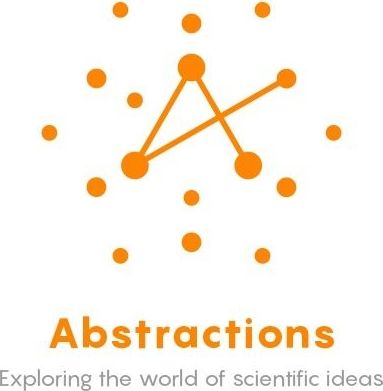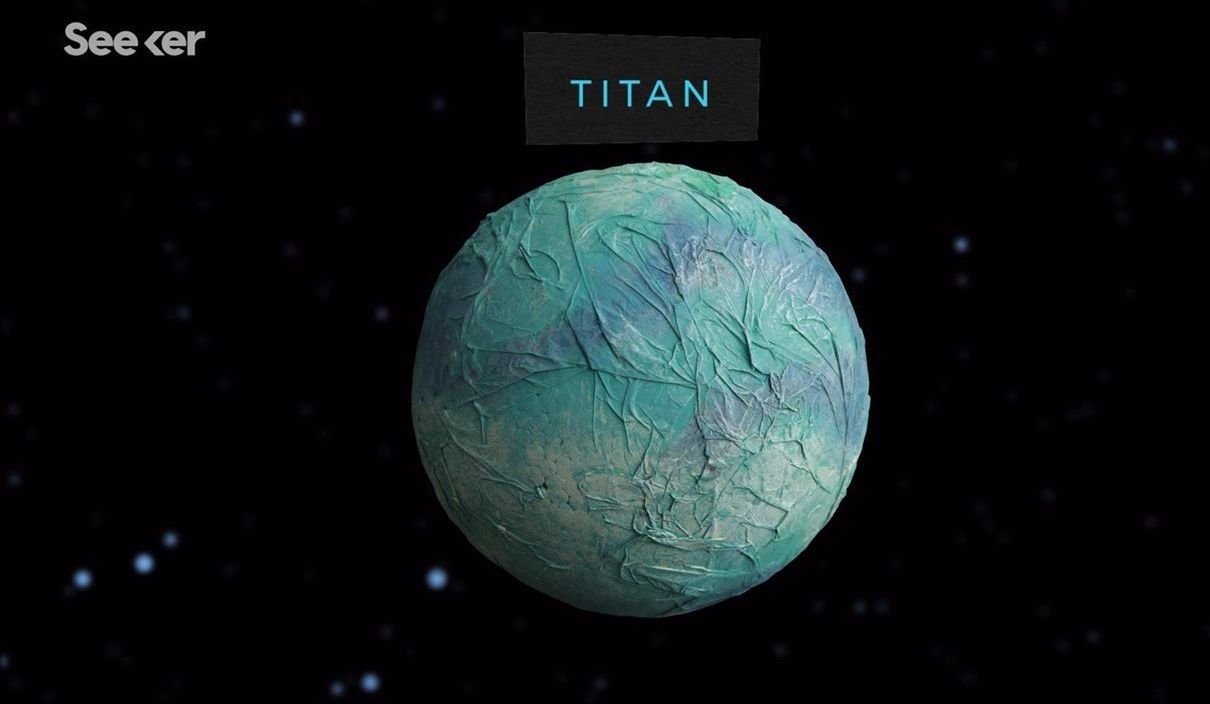May 2, 2018
If Trump Gets His “Space Force,” It Would Likely Be Used to Defend Mining Operations
Posted by Klaus Baldauf in categories: geopolitics, law, military, satellites, treaties
For one thing, it appears to violate international law, according to Congressional testimony by Joanne Gabrynowicz, a space law expert at the University of Mississippi. Before NASA’s moon landing, the United States—along with other United Nations Security Council members and many other countries—signed the 1967 Outer Space Treaty. “Outer space, including the moon and other celestial bodies,” it states, “is not subject to national appropriation by claim of sovereignty, by means of use or occupation, or by any other means.” The 1979 Moon Agreement went further, declaring outer space to be the “common heritage of mankind” and explicitly forbidding any state or organization from annexing (non-Earth) natural resources in the solar system.
Major space-faring nations are not among the 16 countries party to the treaty, but they should arguably come to some equitable agreement, since international competition over natural resources in space may very well transform into conflict. Take platinum-group metals. Mining companies have found about 100,000 metric tons of the stuff in deposits worldwide, mostly in South Africa and Russia, amounting to $10 billion worth of production per year, according to the U.S. Geological Survey. These supplies should last several decades if demand for them doesn’t rise dramatically. (According to Bloomberg, supply for platinum-group metals is constrained while demand is increasing.)
Palladium, for example, valued for its conductive properties and chemical stability, is used in hundreds of millions of electronic devices sold annually for electrodes and connector platings, but it’s relatively scarce on Earth. A single giant, platinum-rich asteroid could contain as much platinum-group metals as all reserves on Earth, the Google-backed Planetary Resources claims. That’s a massive bounty. As Planetary Resources and other U.S. and foreign companies scramble for control over these valuable space minerals, competing “land grabs” by armed satellites may come next. Platinum-group metals in space may serve the same role as oil has on Earth, threatening to extend geopolitical struggles into astropolitical ones, something Trump is keen on preparing for. Yesterday he said he’s seriously weighing the idea of a “Space Force” military branch.


















